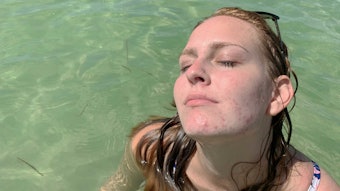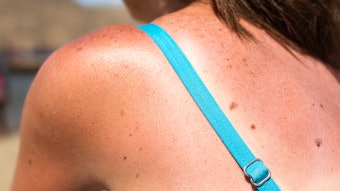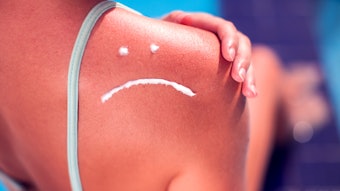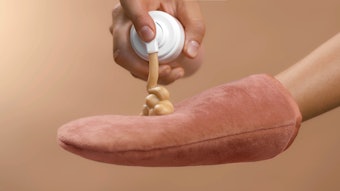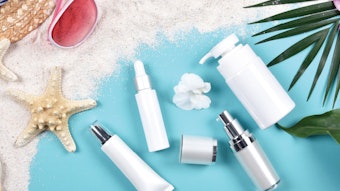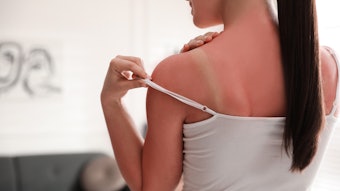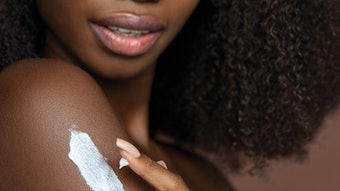Combining natural-based substances such as flavanoids with more traditional inorganic and organic sunscreens can improve protection against UV rays, according to researchers in Brazil. A growing body of scientific literature supports the potential of natural-based substances such as antioxidants to protect against UV rays. However, little work has been done on whether these ingredients can be combined with the filters already found in sun protection formulations, and to what effect.
Scientists at the University of Sao Paulo have investigated the consequences of combining the polyphenols found in Passiflora incarnate L. (a climbing vine) extract, Plantago lanceolata (a perennial herb) extract and rutin (a flavonoid found in buckwheat) with the organic filters methoxycinnamate and benzophenone-3 and the inorganic filter titanium dioxide. The research, published in the International Journal of Pharmaceutics, suggests that combining the polyphenols with the organic and inorganic filters can improve the SPF, and the UVA/UVB protection ratio. However, the researchers note that care has to be taken with the formulations as some combinations can have negative effects on the protection profile.
According to the researchers, the most effective broad spectrum sunscreen was accomplished by combining the Passiflora incarnate L. extract with 7% ethylhexylmethoxycinnamate, 2% benzophenone-3 and 2% titanium dioxide. The addition of the Passiflora incarnate L. extract produced an SPF of approximately 20, and improved the protection against UVA provided by the formulation.
Interestingly, the scientists found that when the natural extracts were found alone in the formulations, without the inorganic and organic filters, the UVA protection was significantly higher but the overall SPF suffered. They concluded that the negative effect of the UV filters on the UVA protection was qualitative as it occurred regardless of the concentration of the filters.
In addition, the team noted that the delivery vehicle had a significant effect on the UVA protection provided by the formulations. The dimethicone-polymer system, without the addition of UV protecting substances, used in this research did not exhibit UVA protection, whereas a previously used phosphate-base system obtained a good UVA protection rating when used as a control. For this reason, the team concludes that the choice of delivery system is particularly important before further research into the most effective combinations of natural-based substances, organic and inorganic filters.
CosmeticsDesign.com, November 26, 2008
